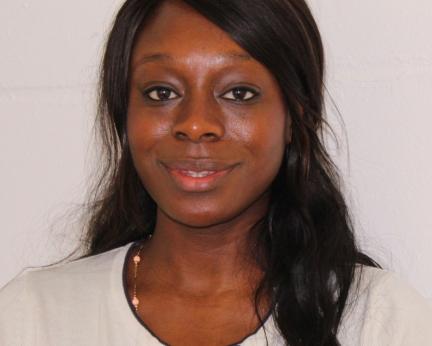I’ve always been fascinated by people’s behaviour and why we make the decisions that we do. I decided to apply for medicine at Cambridge University, with psychiatry in my mind as a possible career. As well as science A levels I also took English. The study of literature often involves an understanding of people’s thoughts, emotions and behaviour.
While at Cambridge University I completed a dissertation on persistent violent offending, looking at prison populations in America. After completing my pre-clinical training at Cambridge I transferred to Oxford University for the clinical training. This included a two-month placement in psychiatry.
I really enjoyed this placement, and was encouraged to pursue psychiatry by the supportive consultants I met. I really enjoyed listening to patients and hearing them talk about their childhoods and early family relationships. I was starting to look for clues concerning the origins of their illness, be they genetic or environmental.
My foundation programme in the South Thames Foundation School included one general and one child and adolescent psychiatry rotation in each year of the two year programme. I was fortunate once again to have supportive consultants who encouraged me to experience every aspect of the specialty and to attend relevant conferences and study days. I also enjoyed a fascinating placement in a paediatric neuropsychiatry clinic.
Once I had completed foundation training I commenced core training in psychiatry, which takes three years. I gained comprehensive experience of general, old age, child and adolescent, substance misuse and liaison psychiatry via six different six-month placements. I was also an honorary research associate at the Institute of Psychiatry.
During core training I developed an interest in helping people with problems concerning substance misuse and began volunteering with the Amy Winehouse Foundation. They run alcohol and drug education programmes in schools for 11-18 year olds where addicts in recovery talk to young people about their addictions. I could see that preventative programmes could offer the opportunity to change people’s lives for the better.





